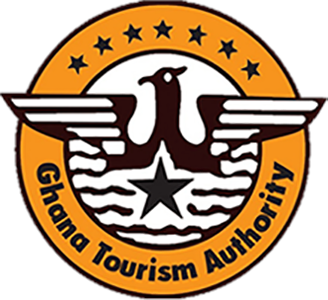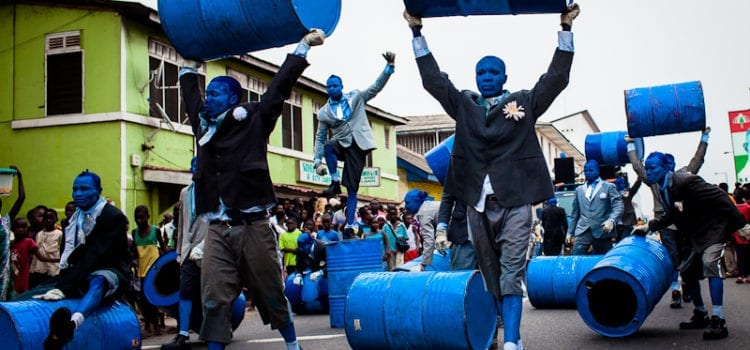August 2019 will mark 400 years since enslaved Africans landed in Jamestown, Virginia, beginning what was widely regarded as the start of the African slave trade to North America.
To commemorate this anniversary, Ghana has dubbed 2019 The Year of Return and has a robust calendar of activities throughout the year to mark the milestone, which includes a celebration of African music in an event called Afrochella, Carnival, a natural hair expo and a Ghana Jamaican Homecoming Festival (which was held in April).
While the Year of Return ostensibly targets African Americans, urging them to reconnect to their roots and maybe settle and find a new life in the motherland, those of African descent in the Caribbean are also being embraced.
Akwasi Agyeman, Chief Executive Officer of the Ghana Tourism Authority, told Loop that the African diaspora in the Caribbean is being recognised through the annual Emancipation Day celebrations on August 1, and the Pan-African Historical Theatre Festival (PanaFest).
Ghana is the only African nation to celebrate Emancipation Day, which was first declared a national public holiday in Trinidad and Tobago.
PanaFest will see a variety of activities leading up to Emancipation Day including a slave route pilgrimage, a wreath-laying programme and tribute to the Pan African Pioneers in Accra, the capital city.
“With the Year of Return, we are looking at other programmes for the diaspora to connect with their roots. For the Caribbean specifically, PanaFest and emancipation are what we feel is the click to connect the Caribbean,” he said.
The Year of Return kicked off on New Year’s Day in Ghana’s capital of Accra with a bevy of African American stars in attendance at the Full Circle Festival, among them Boris Kodjoe, Idris Elba, Anthony Anderson, Naomi Campbell, Jidenna and Jamaican singers Tarrus Riley and Morgan Heritage.
Agyeman said a launch was also held in Jamaica in January with the intention to move around the other islands at a later date.
Nevertheless, he assured that Ghana will continue to strengthen its relationship with the Caribbean.
“The Year of Return is just the beginning of the engagement with us and the diaspora, so connections will be properly positioned,” he said.
With a number of Caribbean nationals already living and working in Ghana, owning hotels and restaurants and aviation agreements signed between the West African country and some Caribbean countries such as Guyana, the bonds serve to strengthen the historical ties.
Ghana has long benefited from a relationship with Caribbean nationals such as George Padmore, a Trinidadian scholar who worked as a close advisor to former Ghanaian President Kwame Nkrumah, and Jamaican Pan-Africanist Marcus Garvey whose Black Star Shipping Line inspired the black star on the Ghana’s national flag.
“We have the Ghana Caribbean Association and we recently had representatives from Trinidad and St Vincent come here,” said Agyeman, revealing that a group from The Bahamas has also been in Ghana working on the Joseph Project, an initiative to connect and unite African people all over the world.
Ghana, which has positioned itself at the centre of the reunification of African people in the diaspora, is also enticing many to its shores through the Right of Abode policy that grants citizenship to Africans in the diaspora.
In December 2016, 34 African Caribbean people became Ghanaians in a naturalisation ceremony attended by then-president John Mahama.
The country is also hoping to entice Ghanaians in the diaspora to return home with their skills and knowledge.
The Year of Return is the main marketing strategy for the tourism agency and builds on the country’s heritage tourism.
“Tourism is number four in our economy. We have oil, gold, cocoa and then tourism. Tourism is a low hanging fruit. Out of the 60 something fort and castles in West Africa, we have 30 or so in Ghana. When it comes to connecting heritage and diaspora to their roots, most people feel when you come here you are coming to a place where there is that connection, “said Agyeman.
In addition to the heritage sites, Ghana has several other attractions, he said, including adventures, eco-tourism, forests, parks and beaches.
Agyeman said there is currently a drive to improve facilities and drive employment. They are also creating incentive packages for people to invest in the hospitality sector.
Source: looptt.com/


 Call Center
Call Center
